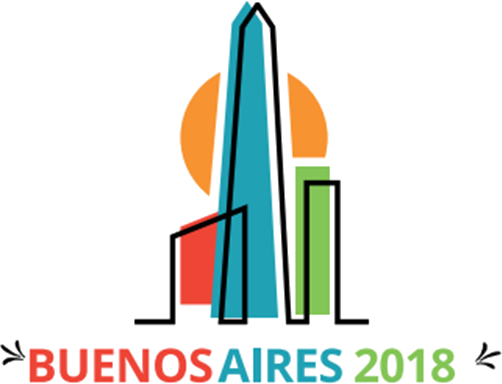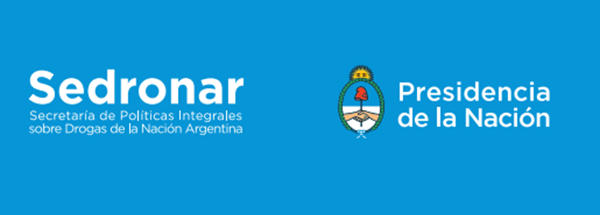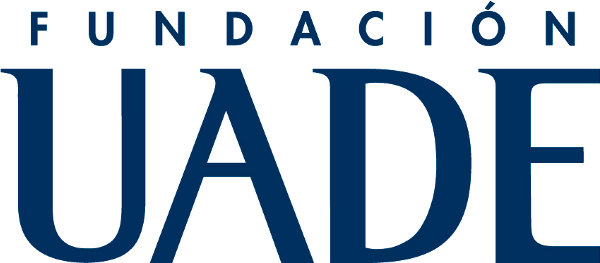Workshops programme with optional final evaluation
WORKSHOP A
"Current state of knowledge about New Psychoactive Drugs (NPS)"
8.30– 17.30 hs
- 1. NPS - Global Update.
Melinda Mancebo - 2. Chemical Classification and Mechanisms of action. Field - color tests: updated review of the reagents used for each family and limitations.
Luis Ferrari - 3. Pharmacology and Toxicology of New Psychoactive Substances.
Hans Maurer - 4. NPS Biotransformation & drugs design: in vitro, in vivo e in silico. Studies by Cuninnghamella ellegans.
Jorge Martinez. - 5. Mass Spectrometry Toxicology Applications on NPS: Method Development & Vali-dation Troubleshooting, Triaging Instrumentation, Tips, Tricks & Lessons Learned.
Marilyn Huestis - 6. Synthetic Opiomimetics: Introduction, clinical & forensic aspects.
Ester Schallmach - 7. Description of cases of deaths by NPS and synthetic drugs in raves. Follow-up from a Drug Observatory.
Mariano Donzelli, MV Brasesco - 8. A new challenge in forensic toxicology exemplified by the cases of murders and suicides committed under the influence of new psychoactive substances.
Dr. Sebastian Rojek
Speakers:
- Dr. Luis Ferrari (Facultad de Ciencias Exactas-UNLP y Criminalística-UM-Argentina)
- Dr. Jorge Martínez (Universidad Nacional de Colombia, Colombia)
- Dr. Alain Verstraete (University Ghent- Belgium)
- Dr. Dr. Hans Maurer (University Saarland - Germany)
- Dr. Marc Le Beau (FBI - Quantico VA, USA)
- Dr. Rubén Monroy (Ex DEA - USA, Procuración México)
- Dr. Sebastian Rojek (Universidad Jagiellonian Collegium Medicum, Polonia)
- Dr. Ester Schallmach (Institute Sheba-Rehovot, Israel)
- Dr. Marilyn Huestis (NIDA-NIH -USA)
- Dr. Melinda Mancebo (UNODC Office, United Nations).
WORKSHOP B
"Specimen collection and conservation. High resolution analysis in toxicology. Quality assurance. Criteria and challenges for the interpretation of results"
8.30– 17.30 hs
- 1. Guidelines for collection of biological samples for Forensic and Clinical Toxicology I.
Ricardo Dinis Oliveira - 2. Guidelines for collection of biological samples for Forensic & Clinical Toxicology II
- 3. Challenges in Forensic and Clinical Toxicology.
Jose Luiz Costa - 4. Alternative matrices: HV, saliva, hair & Nail.
Carmen Jurado - 5. LC-high resolution- Orbitrap -MS/MS for comprehensive screening to detect drugs and their metabolites in urine, dried urine spots, or blood plasma.
Hans Maurer - 6. Quality Control Standards to Improve Forensic Toxicology.
Marc LeBeau - 7. Post Mortem Redistribution
Nicholas Lemos
Speakers:
- Dr. Ricardo Dinis Oliveira (Instituto Universitário de Ciências da Saúde – CESPU-Portugal)
- Dr. José Luiz Costa (Universidad Campinas, Brasil)
- Dr. Carmen Jurado (Instituto Nacional Toxicología, Sevilla, España)
- Dr. Dr. Hans Maurer (Universidad Saarland, Alemania)
- Dr. Marc Le Beau (FBI - Quantico VA, USA)
- Dr. Nicholas Lemos (Universidad de California - EE. UU.)
WORKSHOP C
"Precursors of designer drugs. Criteria of instrumental analysis and interpretation-strategies for the follow-up of clandestine laboratories. List of drugs and role of prosecutors."
- 1. Notion and definition of precursor and / or necessary substances or solvents to obtain designer drugs.
Ruben Monroy - 2. Natural and modified precursors; synthetic precursors. Precursors of traditional amphetamines and design. Precursors of Fentanyl derivatives. Precursors of hallucinogens of type "2 C".
Ruben Monroy - 3. Precursors of synthesis cannabimimetics: indole and indazolecarboxamides. Precursors of synthetic opiomimetics.
Ruben Monroy - 4. Field rapid tests for NPS and traditional synthetic drugs: updated review of the reagents used for each family of drugs and precursors. Limitations.
L.A. Ferrari - 5. Method of monitoring clandestine organizations. Police and / or judicial procedures. Marker and intermediate studies.
Mariano Donzelli - 6. Argentine experience in the Early Warning System.
MV Brasesco - 7. The European approach to NPS.
Alain Verstraete
Speakers:
- Dr. Rubén Monroy (Ex DEA -USA, Procuración México)
- Dr. Mariano Donzelli (Procunar-Procuración General, Argentina)
- Dr. Melinda Mancebo (UNODC Office, United Nations)
- Dr. Luis Ferrari (Facultad de Ciencias Exactas-UNLP y Criminalística-UM-Argentina)
- Dr. María Verónica Brasesco (SEDRONAR, Argentina)
- Dr. Alain Verstraete (University Ghent- Bélgica)






